Here are my favorite poems about heroes categorized:
- Poems about heroes of today
- Poems about heroes and heroines
- Poems about heroes in your life
So if you want the best poems about heroes, then you’re in the right place.
Let’s get started!
- 103 Fearless Poems About Attitude
- 31 Exciting Poems About Character
- 95 Empowering Poems About Money
- 23 Compelling Poems About Individuality
- 47 Freeing Poems About Being Yourself
- 63 Unshackling Poems About Freedom
- 35 Captivating Poems About Self-Love

Valiant Poems About Heroes
Discover a selection of the finest poems about heroes, carefully categorized for your browsing pleasure.
Whether you seek works that celebrate the courage of mythical heroes and heroines or pay tribute to everyday heroes in our lives, our collection offers a range of exquisite examples.
With our handpicked selection, you can find the best poems about heroes all in one convenient location.
So take a moment to explore and discover the power of heroism in its many forms!
Keep reading and enjoy!
My #1 Favorite Poem About Heroes

“A Dedication” by Lucian B. Watkins
To you who now so nobly do
A noble deed;
Who now instill the virtues true
To virtuous need;
Whose mission is so truly good—
So full of kindly brotherhood—
Who live the life you surely should—
A trusty lead;
Who early saw that skillful head
And skillful hands
Should, surely, be in union wed
‘Gainst life’s quicksands—
For people whose unhappy state
Was, surely, in the hands of fate,
Would make a combination great
As iron hands.
Long may your daring presence live
And works instill,
Long may your kingly reasons give
A forceful will.
Long may your glowing, useful days
Shine forth their bright illuming rays,
And to gloomy lives always
A happy thrill.
Poems About Heroes of Today
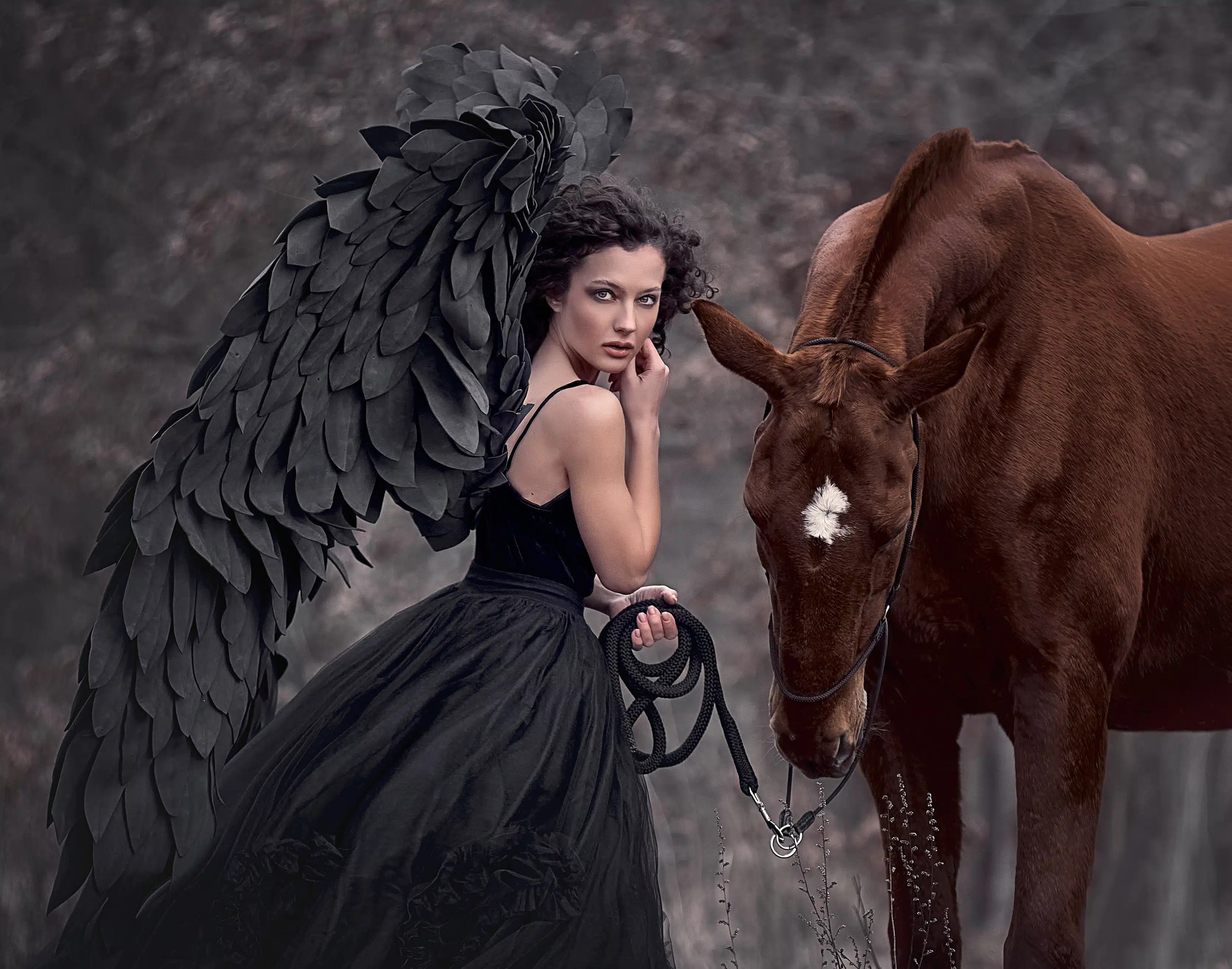
“The Heroes of Our Day” by Joseph Horatio Chant
Heroic deeds in every age
Command the world’s esteem;
Each finds a place in history’s page,
‘Midst gloom a glory beam.
And we full oft revert to this,
To show man’s true descent
From Him who is the source of bliss,
Tho’ now by passions rent.
But we need not consult the past;
The present bears this fruit:
The hero race will ever last;
The tree is sound at root.
And never has the world excelled
The present in this line;
Our loving Lord has not withheld
From us this trait divine.
And we should not from them withhold
The praise we feel is due
For deeds of love, and actions bold,
For spirit kind and true.
Their worth we now should recognize,
Not chant it o’er their graves;
The hero of the past we prize,
No less the man who braves
The dangers of the present hour,
The sneers which now are rife,
Not for the sake of earthly power,
Nor yet to save his life.
But for the good of fellow man,
And for his Master’s sake,
He shuns no cross, and fears no ban;
‘Tis these a hero make.
“The Brave at Home” by Thomas Buchanan Read
The maid who binds her warrior’s sash
With smile that well her pain dissembles,
The while beneath her drooping lash
One starry tear-drop hangs and trembles,
Though Heaven alone records the tear,
And Fame shall never know her story,
Her heart has shed a drop as dear
As e’er bedewed the field of glory!
The wife who girds her husband’s sword,
Mid little ones who weep or wonder,
And bravely speaks the cheering word,
What though her heart be rent asunder,
Doomed nightly in her dreams to hear
The bolts of death around him rattle,
Hath shed as sacred blood as e’er
Was poured upon the field of battle!
The mother who conceals her grief
While to her breast her son she presses,
Then breathes a few brave words and brief,
Kissing the patriot brow she blesses,
With no one but her secret God
To know the pain that weighs upon her,
Sheds holy blood as e’er the sod
Received on Freedom’s field of honor!
“The Red Cross Nurses” by Thomas L. Masson
Out where the line of battle cleaves
The horizon of woe
And sightless warriors clutch the leaves
The Red Cross nurses go.
In where the cots of agony
Mark death’s unmeasured tide—
Bear up the battle’s harvestry—
The Red Cross nurses glide.
Look! Where the hell of steel has torn
Its way through slumbering earth
The orphaned urchins kneel forlorn
And wonder at their birth.
Until, above them, calm and wise
With smile and guiding hand,
God looking through their gentle eyes,
The Red Cross nurses stand.
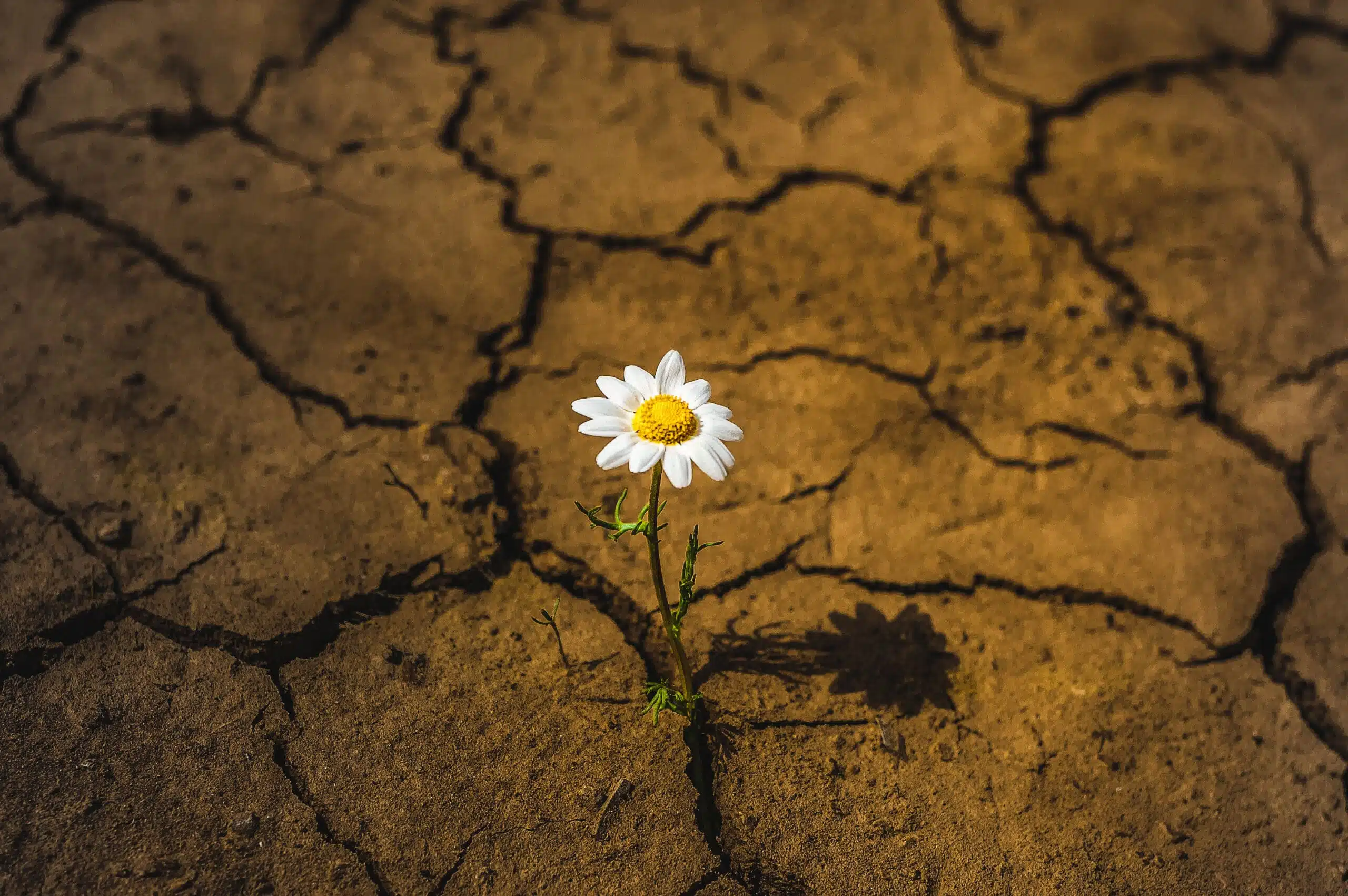
“Not They Who Soar” by Paul Laurence Dunbar
Not they who soar, but they who plod
Their rugged way, unhelped, to God
Are heroes; they who higher fare,
And, flying, fan the upper air,
Miss all the toil that hugs the sod.
‘Tis they whose backs have felt the rod,
Whose feet have pressed the path unshod,
May smile upon defeated care,
Not they who soar.
High up there are no thorns to prod,
Nor boulders lurking ‘neath the clod
To turn the keenness of the share,
For flight is ever free and rare;
But heroes they the soil who ‘ve trod,
Not they who soar!
“The Unsung Heroes” by Paul Laurence Dunbar
A song for the unsung heroes who rose in the country’s need,
When the life of the land was threatened by the slaver’s cruel greed,
For the men who came from the cornfield, who came from the plough and the flail,
Who rallied round when they heard the sound of the mighty man of the rail.
They laid them down in the valleys, they laid them down in the wood,
And the world looked on at the work they did, and whispered, “It is good.”
They fought their way on the hillside, they fought their way in the glen,
And God looked down on their sinews brown, and said, “I have made them men.”
They went to the blue lines gladly, and the blue lines took them in,
And the men who saw their muskets’ fire thought not of their dusky skin.
The gray lines rose and melted beneath their scathing showers,
And they said, “‘T is true, they have force to do, these old slave boys of ours.”
Ah, Wagner saw their glory, and Pillow knew their blood,
That poured on a nation’s altar, a sacrificial flood.
Port Hudson heard their war-cry that smote its smoke-filled air,
And the old free fires of their savage sires again were kindled there.
They laid them down where the rivers the greening valleys gem.
And the song of the thund’rous cannon was their sole requiem,
And the great smoke wreath that mingled its hue with the dusky cloud,
Was the flag that furled o’er a saddened world, and the sheet that made their shroud.
Oh, Mighty God of the Battles Who held them in Thy hand,
Who gave them strength through the whole day’s length, to fight for their native land,
They are lying dead on the hillsides, they are lying dead on the plain,
And we have not fire to smite the lyre and sing them one brief strain.
Give, Thou, some seer the power to sing them in their might,
The men who feared the master’s whip, but did not fear the fight;
That he may tell of their virtues as minstrels did of old,
Till the pride of face and the hate of race grow obsolete and cold.
A song for the unsung heroes who stood the awful test,
When the humblest host that the land could boast went forth to meet the best;
A song for the unsung heroes who fell on the bloody sod,
Who fought their way from night to day and struggled up to God.
“Heroism” by Ralph Waldo Emerson
Ruby wine is drunk by knaves,
Sugar spends to fatten slaves,
Rose and vine-leaf deck buffoons;
Thunder-clouds are Jove’s festoons,
Drooping oft in wreaths of dread,
Lightning-knotted round his head;
The hero is not fed on sweets,
Daily his own heart he eats;
Chambers of the great are jails,
And head-winds right for royal sails.
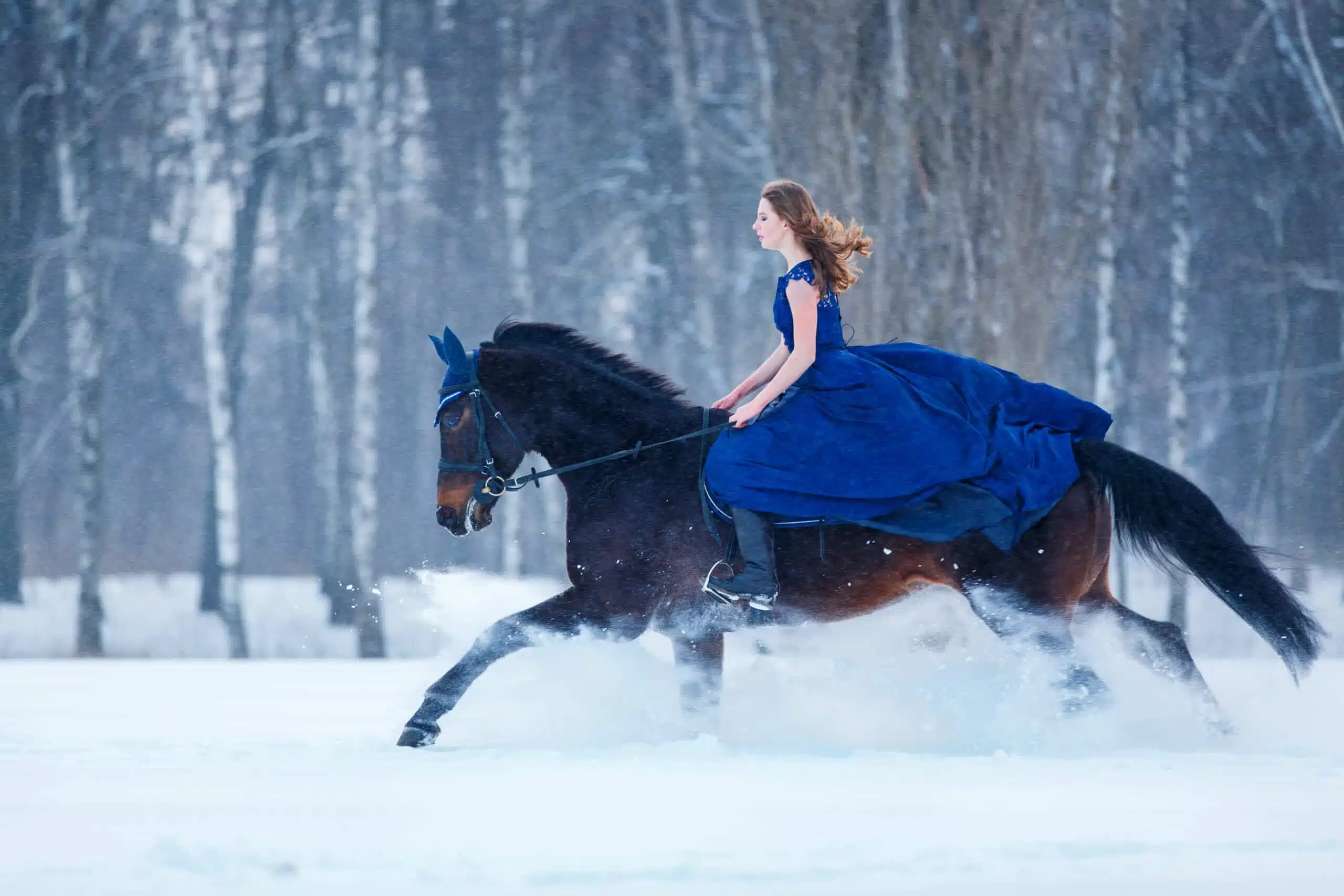
“My Heart’s in the Highlands” by Robert Burns
My heart’s in the Highlands, my heart is not here;
My heart’s in the Highlands a-chasing the deer;
Chasing the wild deer, and following the roe.
My heart’s in the Highlands, wherever I go.
Farewell to the Highlands, farewell to the North,
The birthplace of valor, the country of worth;
Wherever I wander, wherever I rove,
The hills of the Highlands forever I love.
Farewell to the mountains high covered with snow;
Farewell to the straths and green valleys below;
Farewell to the forests and wild-hanging woods;
Farewell to the torrents and loud-pouring floods.
My heart ’s in the Highlands, my heart is not here;
My heart ’s in the Highlands a-chasing the deer;
Chasing the wild deer, and following the roe.
My heart ’s in the Highlands wherever I go.
“Heroes” by Edna Dean Proctor
The winds that once the Argo bore
Have died by Neptune’s ruined shrines,
And her hull is the drift of the deep-sea floor,
Though shaped of Pelion’s tallest pines.
You may seek her crew on every isle
Fair in the foam of Ægean seas,
But out of their rest no charm can wile
Jason and Orpheus and Hercules.
And Priam’s wail is heard no more
By windy Ilion’s sea-built walls;
Nor great Achilles, stained with gore,
Shouts “O ye gods, ’t is Hector falls!”
On Ida’s mount is the shining snow,
But Jove has gone from its brow away;
And red on the plain the poppies grow
Where the Greek and the Trojan fought that day.
Mother Earth, are the heroes dead?
Do they thrill the soul of the years no more?
Are the gleaming snows and the poppies red
All that is left of the brave of yore?
Are there none to fight as Theseus fought,
Far in the young world’s misty dawn?
Or teach as gray-haired Nestor taught?
Mother Earth, are the heroes gone?
Gone? In a grander form they rise.
Dead? We may clasp their hands in ours,
And catch the light of their clearer eyes,
And wreathe their brows with immortal flowers.
Wherever a noble deed is done,
’T is the pulse of a hero’s heart is stirred;
Wherever Right has a triumph won,
There are the heroes’ voices heard.
Their armor rings on a fairer field
Than the Greek and the Trojan fiercely trod;
For Freedom’s sword is the blade they wield,
And the gleam above is the smile of God.
So, in his isle of calm delight,
Jason may sleep the years away;
For the heroes live, and the sky is bright,
And the world is a braver world to-day.
“For the Man Who Fails” by Paul Laurence Dunbar
The world is a snob, and the man who wins
Is the chap for its money’s worth:
And the lust for success causes half of the sins
That are cursing this brave old earth.
For it ‘s fine to go up, and the world’s applause
Is sweet to the mortal ear;
But the man who fails in a noble cause
Is a hero that ‘s no less dear.
‘T is true enough that the laurel crown
Twines but for the victor’s brow;
For many a hero has lain him down
With naught but the cypress bough.
There are gallant men in the losing fight,
And as gallant deeds are done
As ever graced the captured height
Or the battle grandly won.
We sit at life’s board with our nerves highstrung,
And we play for the stake of Fame,
And our odes are sung and our banners hung
For the man who wins the game.
[Pg 119]But I have a song of another kind
Than breathes in these fame-wrought gales,—
An ode to the noble heart and mind
Of the gallant man who fails!
The man who is strong to fight his fight,
And whose will no front can daunt,
If the truth be truth and the right be right,
Is the man that the ages want.
Tho’ he fail and die in grim defeat,
Yet he has not fled the strife,
And the house of Earth will seem more sweet
For the perfume of his life.
“The Prayer” by Alfred, Lord Tennyson
Ah God, for a man with heart, head, hand,
Like some of the simple great ones gone
For ever and ever by,
One still strong man in a blatant land,
Whatever they call him, what care I,
Aristocrat, democrat, autocrat—one
Who can rule, and dare not lie!
Poems About Heroes and Heroines
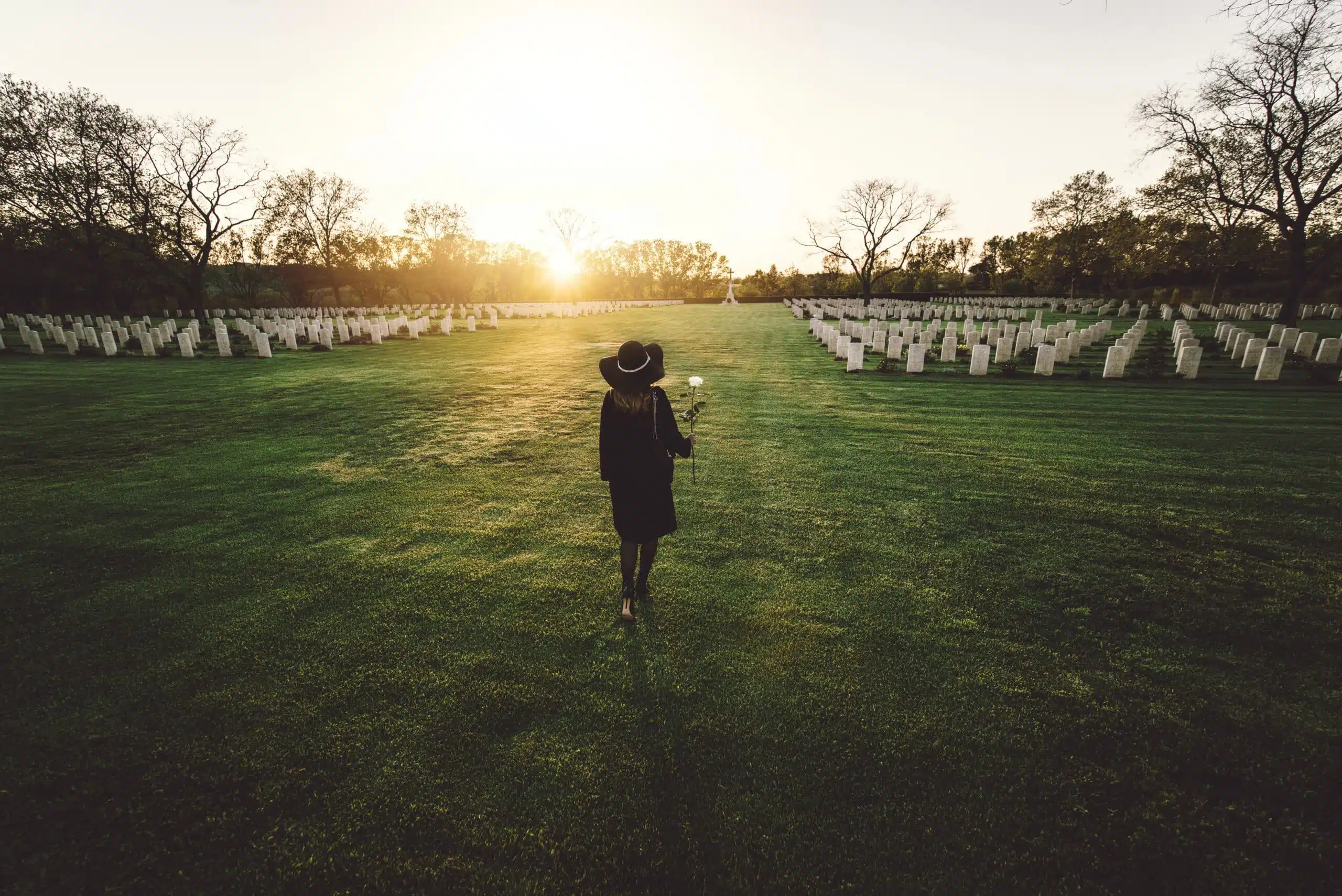
“Ode Sung on the Occasion of Decorating the Graves of the Confederate Dead” by Henry Timrod
Sleep sweetly in your humble graves,—
Sleep, martyrs of a fallen cause!
Though yet no marble column craves
The pilgrim here to pause,
In seeds of laurel in the earth
The blossom of your fame is blown,
And somewhere, waiting for its birth,
The shaft is in the stone!
Meanwhile, behalf the tardy years
Which keep in trust your storied tombs,
Behold! your sisters bring their tears,
And these memorial blooms.
Small tributes! but your shades will smile
More proudly on these wreaths to-day,
Than when some cannon-mouldered pile
Shall overlook this bay.
Stoop, angels, hither from the skies!
There is no holier spot of ground
Than where defeated valor lies,
By mourning beauty crowned!
“Song of Saul Before His Last Battle” by Lord Byron
Warriors and chiefs! should the shaft or sword
Pierce me in leading the host of the Lord,
Heed not the corse, though a king’s, in your path:
Bury your steel in the bosoms of Gath!
Thou who art bearing my buckler and bow,
Should the soldiers of Saul look away from the foe,
Stretch me that moment in blood at thy feet!
Mine be the doom which they dared not to meet.
Farewell to others, but never we part,
Heir to my royalty, son of my heart:
Bright is the diadem, boundless the sway,
Or kingly the death, which awaits us to-day!
“Requiem: ‘Breathe, Trumpets, Breathe’” by George Lunt
Breathe, trumpets, breathe slow notes of saddest wailing;
Sadly responsive peal, ye muffled drums.
Comrades, with downcast eyes and muskets trailing,
Attend him home: the youthful warrior comes,
Upon his shield, upon his shield returning,
Borne from the field of battle where he fell.
Glory and grief together clasped in mourning,
His fame, his fate, with sobs exulting tell.
Wrap round his breast the flag his breast defended,—
His country’s flag, in battle’s front unrolled:
For it he died,—on earth forever ended,
His brave young life lives in each sacred fold.
With proud, proud tears, by tinge of shame untainted,
Bear him, and lay him gently in his grave.
Above the hero write, the young, half-sainted,
“His country asked his life, his life he gave.”
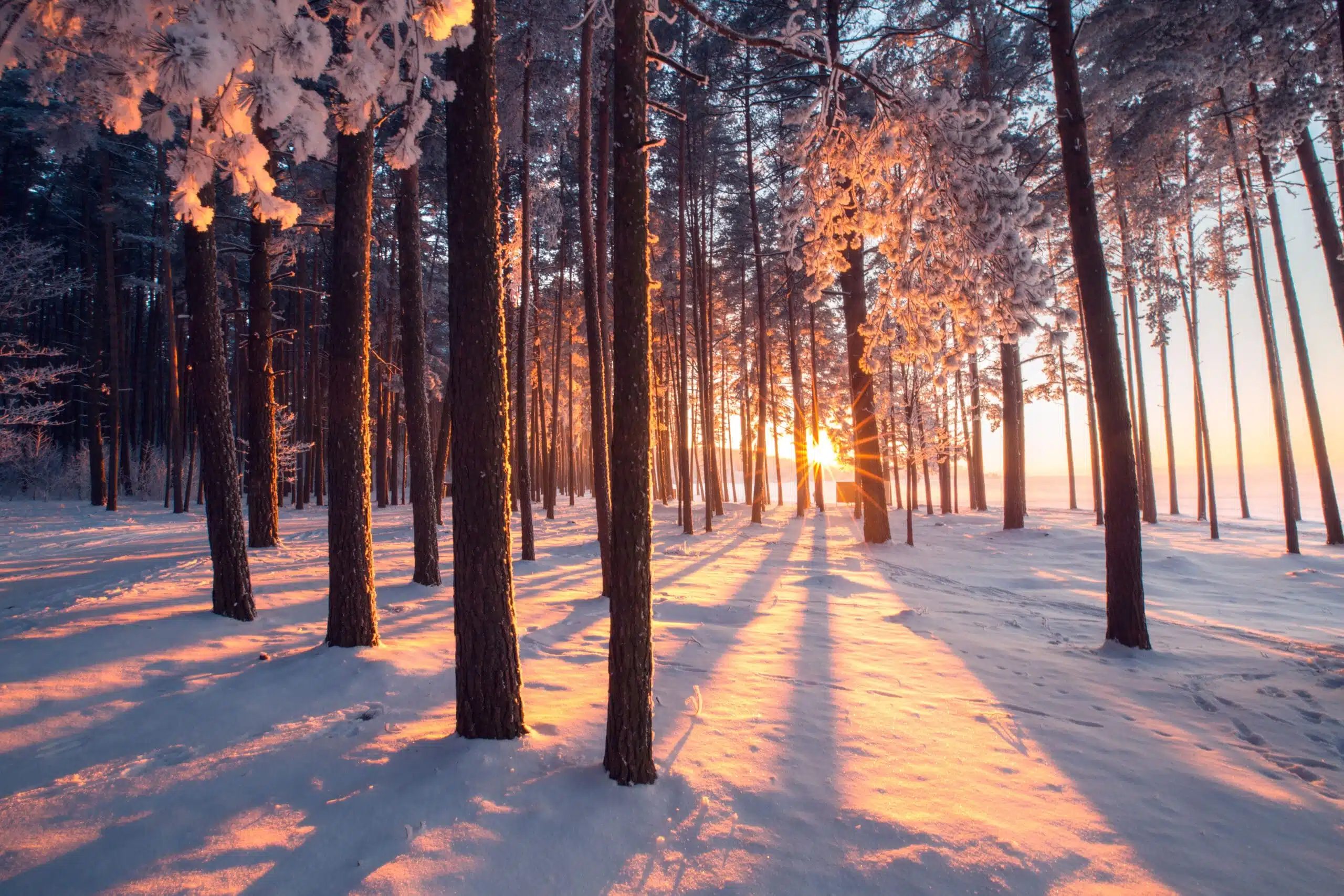
“Sonnet on the Late Massacre in Piemont” by John Milton
Avenge, O Lord, thy slaughtered saints, whose bones
Lie scattered on the Alpine mountains cold;
Even them who kept thy truth so pure of old,
When all our fathers worshipped stocks and stones,
Forget not: in thy book record their groans
Who were thy sheep, and in their ancient fold
Slain by the bloody Piemontese that rolled
Mother with infant down the rocks. Their moans
The vales redoubled to the hills, and they
To Heaven. Their martyred blood and ashes sow
O’er all the Italian fields, where still doth sway
The triple tyrant; that from these may grow
A hundred-fold, who, having learned thy way,
Early may fly the Babylonian woe.
“The Hero” by Siegfried Sassoon
“Jack fell as he’d have wished,” the Mother said,
And folded up the letter that she’d read.
“The Colonel writes so nicely.” Something broke
In the tired voice that quavered to a choke.
She half looked up. “We mothers are so proud
Of our dead soldiers.” Then her face was bowed.
Quietly the Brother Officer went out.
He’d told the poor old dear some gallant lies
That she would nourish all her days, no doubt.
For while he coughed and mumbled, her weak eyes
Had shone with gentle triumph, brimmed with joy,
Because he’d been so brave, her glorious boy.
He thought how “Jack,” cold-footed, useless swine,
Had panicked down the trench that night the mine
Went up at Wicked Corner; how he’d tried
To get sent home; and how, at last, he died,
Blown to small bits. And no one seemed to care
Except that lonely woman with white hair.
“How Steep the Brave!” by Walter de la Mare
Nay, nay, sweet England, do not grieve!
Not one of these poor men who died
But did within his soul believe
That death for thee was glorified.
Ever they watched it hovering near
That mystery ’yond thought to plumb,
Perchance sometimes in loathèd fear
They heard cold Danger whisper, Come!—
Heard and obeyed. O, if thou weep
Such courage and honour, beauty, care,
Be it for joy that those who sleep
Only thy joy could share.
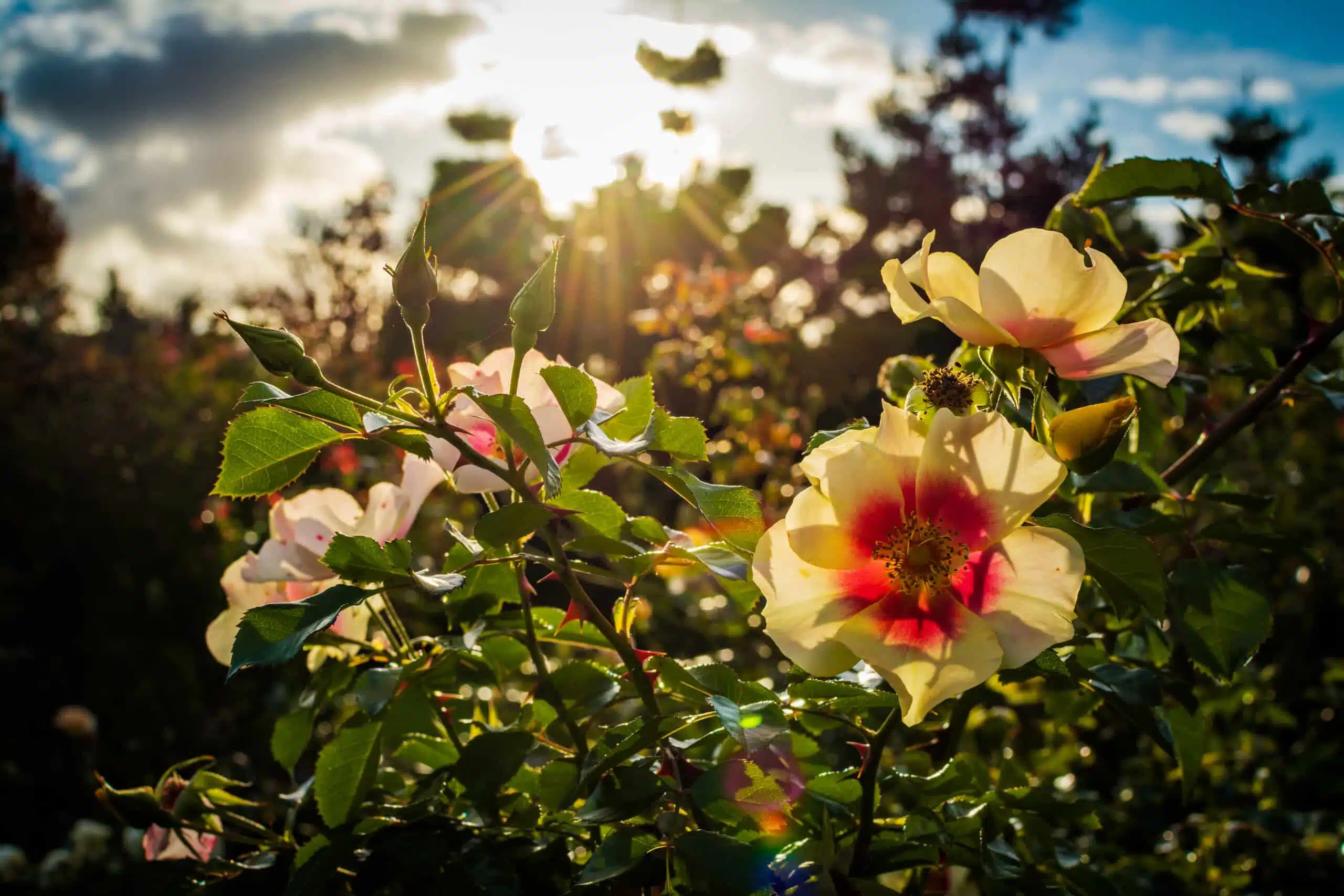
“A Song” by Charles Alexander Richmond
Oh, red is the English rose,
And the lilies of France are pale,
And the poppies grow in the golden wheat,
For the men whose eyes are heavy with sleep,
Where the ground is red as the English rose,
And the lips as the lilies of France are pale,
And the ebbing pulses beat fainter and fainter and fail.
Oh, red is the English rose,
And the lilies of France are pale.
And the poppies lie in the level corn
For the men who sleep and never return.
But wherever they lie an English rose
So red, and a lily of France so pale,
Will grow for a love that never and never can fail.
“The Soldier” by Rupert Brooke
If I should die, think only this of me:
That there’s some corner of a foreign field
That is for ever England. There shall be
In that rich earth a richer dust concealed;
A dust whom England bore, shaped, made aware,
Gave once her flowers to love, her ways to roam,
A body of England’s, breathing English air,
Washed by the rivers, blest by suns of home.
And think this heart, all evil shed away,
A pulse in the eternal mind, no less
Gives somewhere back the thoughts by England given;
Her sights and sounds; dreams happy as her day;
And laughter, learnt of friends; and gentleness,
In hearts at peace, under an English heaven.
“The Negro Soldiers” by Roscoe C. Jamison
These truly are the Brave,
These men who cast aside
Old memories, to walk the blood-stained pave
Of Sacrifice, joining the solemn tide
That moves away, to suffer and to die
For Freedom—when their own is yet denied!
O Pride! O Prejudice! When they pass by,
Hail them, the Brave, for you now crucified!
These truly are the Free,
These souls that grandly rise
Above base dreams of vengeance for their wrongs,
Who march to war with visions in their eyes
Of Peace through Brotherhood, lifting glad songs,
Aforetime, while they front the firing line.
Stand and behold! They take the field to-day,
Shedding their blood like Him now held divine,
That those who mock might find a better way!
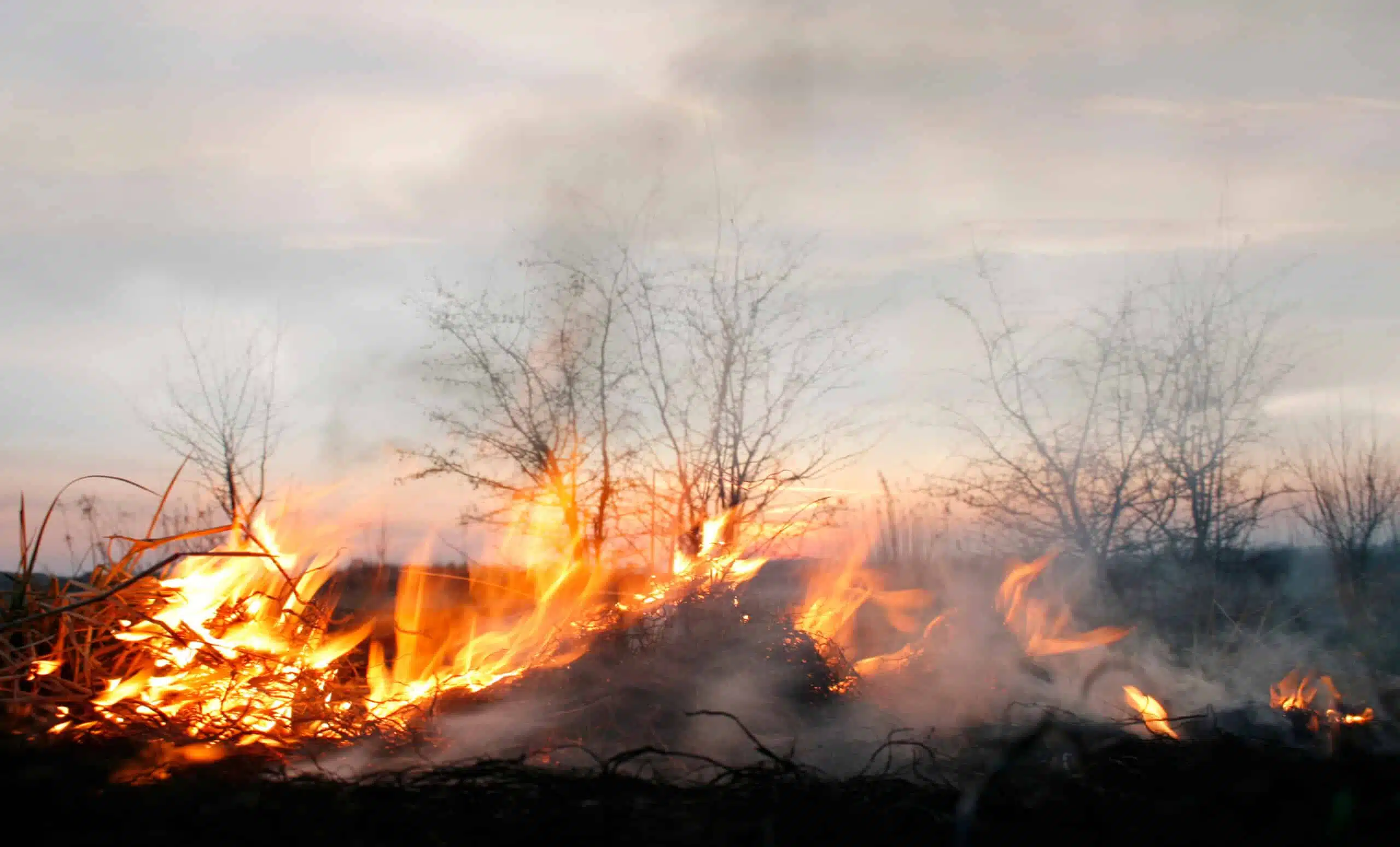
“If We Must Die” by Claude McKay
If we must die—let it not be like hogs
Hunted and penned in an inglorious spot,
While round us bark the mad and hungry dogs,
Making their mock at our accursed lot.
If we must die—oh, let us nobly die,
So that our precious blood may not be shed
In vain; then even the monsters we defy
Shall be constrained to honor us though dead!
Oh, Kinsmen! We must meet the common foe;
Though far outnumbered, let us still be brave,
And for their thousand blows deal one death-blow!
What though before us lies the open grave?
Like men we’ll face the murderous, cowardly pack,
Pressed to the wall, dying, but—fighting back!
“Sonnet to General La Fayette” by William McCarty
Illustrious general of the Gallic band,
And patriot hero of that favour’d land
Where dawning Liberty begins to spread;
Extend thy banners and unfurl thy sails—
May heaven bless thee with propitious gales,
And lasting laurels circle round thy head.
Convince the world that Freedom’s magic flame
Can tumble tyrants from their stately thrones—
Cover the despot with disgrace and shame,
And him exalt who now in slavery groans.
To raise to native dignity the man
Who bows the knee to any earthly lord;
To model freedom on a glorious plan:
Be this thy work—and glory thy reward.
“The Hero’s Legacy” by George Pope Morris
Upon the couch of death,
The champion of the free,
Gave, with his parting breath,
This solemn legacy:–
“Sheathed be the battle-blade,
“And hushed the cannons’ thunder:
“The glorious UNION GOD hath made,
“Let no man put asunder!
“War banish from the land,
“Peace cultivate with all!
“United you must stand,
“Divided you will fall!
“Cemented with our blood,
“The UNION keep unriven!”
While freemen heard this counsel good,
His spirit soared to heaven.
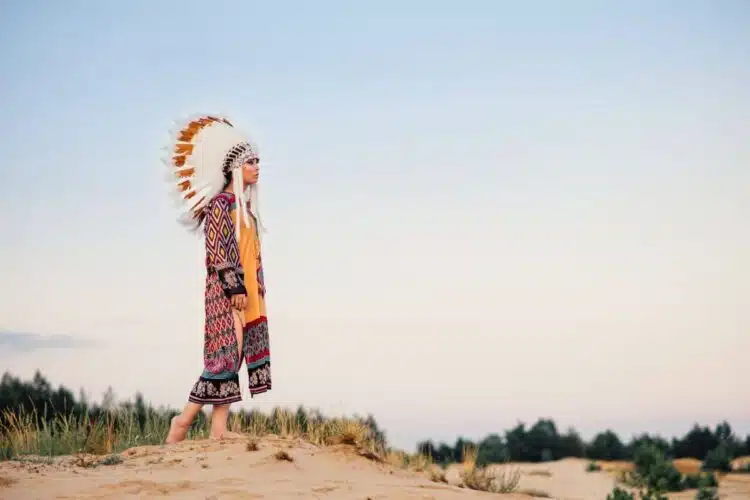
“Pocahontas” by Moses Y. Scott
Rude was the storm, and her fallen hair
Stream’d in the gale from her bosom bare,
As, alone, through the forest’s blacken’d shade,
On errand of fear came the Indian maid.
Wild was her look; but her eye was bright
With the melting beam of Mercy’s light—
Her speech was hurried; but kindness hung
On the accents bland of her warning tongue.
“White men, beware of Havoc’s sweep!
He is waked in the forest from sullen sleep—
He would drink your blood in a guardless hour,
And your wives and slumbering babes devour.
“Beware!—for the tempest, chain’d so long,
Shall burst to-night, in its fury strong:
The trees must root them against its sway,
And the branches cling, or be scatter’d away!
“The fire shall rage, for the breeze is blowing;
The smoke rolls hither—the flames are glowing;
They climb the hills; to the vales they spread—
The night is black; but the forest is red.
White men, beware!—And when, at last,
Your fears are dead, and your dangers past,
Shall the voice of the warner be e’er betray’d?
Shall white men forget the Indian maid?”
“A Hero” by Eric Mackay
The warrior knows how fitful is the fight, –
How sad to live, – how sweet perchance to die.
Is Fame his joy? He meets her on the height,
And when he falls he shouts his battle-cry;
His eyes are wet; our own will not be dry.
Nor shall we stint his praise, or our delight,
When he survives to serve his Land aright
And make his fame the watchword of the sky.
In all our hopes his love is with us still;
He tends our faith, he soothes us when we grieve.
His acts are just; his word we must believe,
And none shall spurn him, though his blood they spill
To pierce the heart whose pride they cannot kill. –
Death dies for him whose fame is his reprieve!
“A Memorial” by Lucian B. Watkins
In Memory of Frederick Douglass
In mem’ry of your truly noble life;
In mem’ry of the cause for which you fought;
In mem’ry of your fierce and bitter strife;
In mem’ry of the lasting good you wrought;
In mem’ry of the talents, really great,
That found a home within your massive brains
And swayed the thousands of each town and State
Who heard your forceful oratory strains;
I offer now these simple words of praise—
This chord I touch to sound your honor’s due—
The pathway of your truly useful days
Shines now a grand and brilliant light for you.

“Heroism” by Samuel Taylor Coleridge (from Schiller’s Wallenstein)
At the approach
Of extreme peril, when a hollow image
Is found a hollow image and no more,
Then falls the power into the mighty hands
Of Nature, of the spirit giant-born,
Who listens only to himself, knows nothing
Of stipulations, duties, reverences,
And, like the emancipated force of fire,
Unmastered scorches, ere it reaches them,
Their fine-spun webs.
Poems About Heroes in Your Life
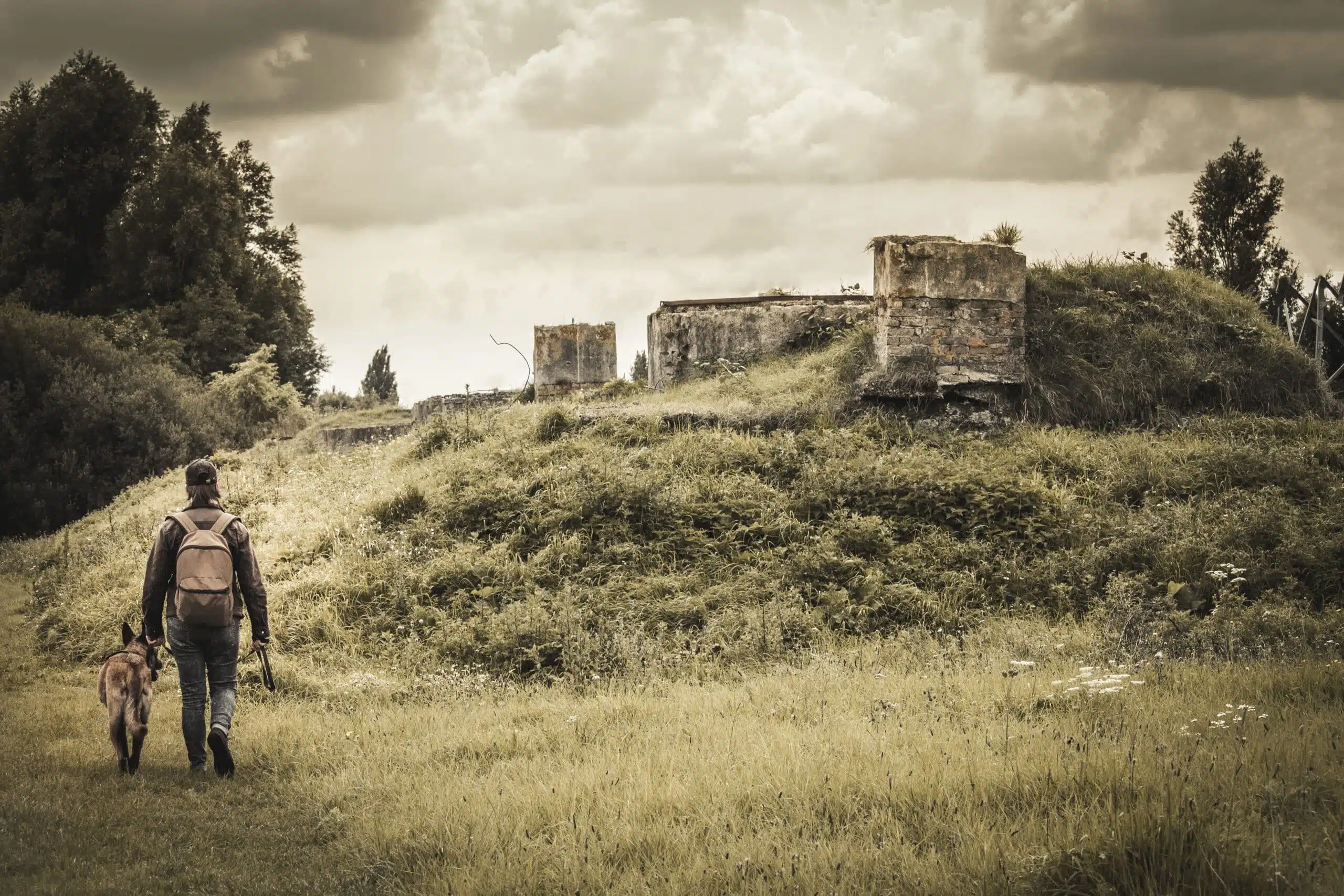
“To One of the Brave” by Lucian B. Watkins
Though forty-five long years, you say,
Have silvered o’er your head with gray,
Your friends rejoice, to-day, that you
Stand hale and hearty in your “blue.”
Long for Old Glory you have stood
With truest sense of brotherhood;
Long may you live a useful life—
Noble and true in peace of strife.
“Hero and Leander” by Thomas Moore
“The night wind is moaning with mournful sigh,
“There gleameth no moon in the misty sky
“No star over Helle’s sea;
“Yet, yet, there is shining one holy light,
“One love-kindled star thro’ the deep of night,
“To lead me, sweet Hero, to thee!”
Thus saying, he plunged in the foamy stream,
Still fixing his gaze on that distant beam
No eye but a lover’s could see;
And still, as the surge swept over his head,
“To night,” he said tenderly, “living or dead,
“Sweet Hero, I’ll rest with thee!”
But fiercer around him, the wild waves speed;
Oh, Love! in that hour of thy votary’s need,
Where, where could thy Spirit be?
He struggles–he sinks–while the hurricane’s breath
Bears rudely away his last farewell in death–
“Sweet Hero, I die for thee!”
“My Hero” by Benjamin Brawley
To Robert Gould Shaw
Flushed with the hope of high desire,
He buckled on his sword,
To dare the rampart ranged with fire,
Or where the thunder roared;
Into the smoke and flame he went,
For God’s great cause to die—
A youth of heaven’s element,
The flower of chivalry.
This was the gallant faith, I trow,
Of which the sages tell;
On such devotion long ago
The benediction fell;
And never nobler martyr burned,
Or braver hero died,
Than he who worldly honor spurned
To serve the Crucified.
And Lancelot and Sir Bedivere
May pass beyond the pale,
And wander over moor and mere
To find the Holy Grail;
But ever yet the prize forsooth
My hero holds in fee;
And he is Blameless Knight in truth,
And Galahad to me.
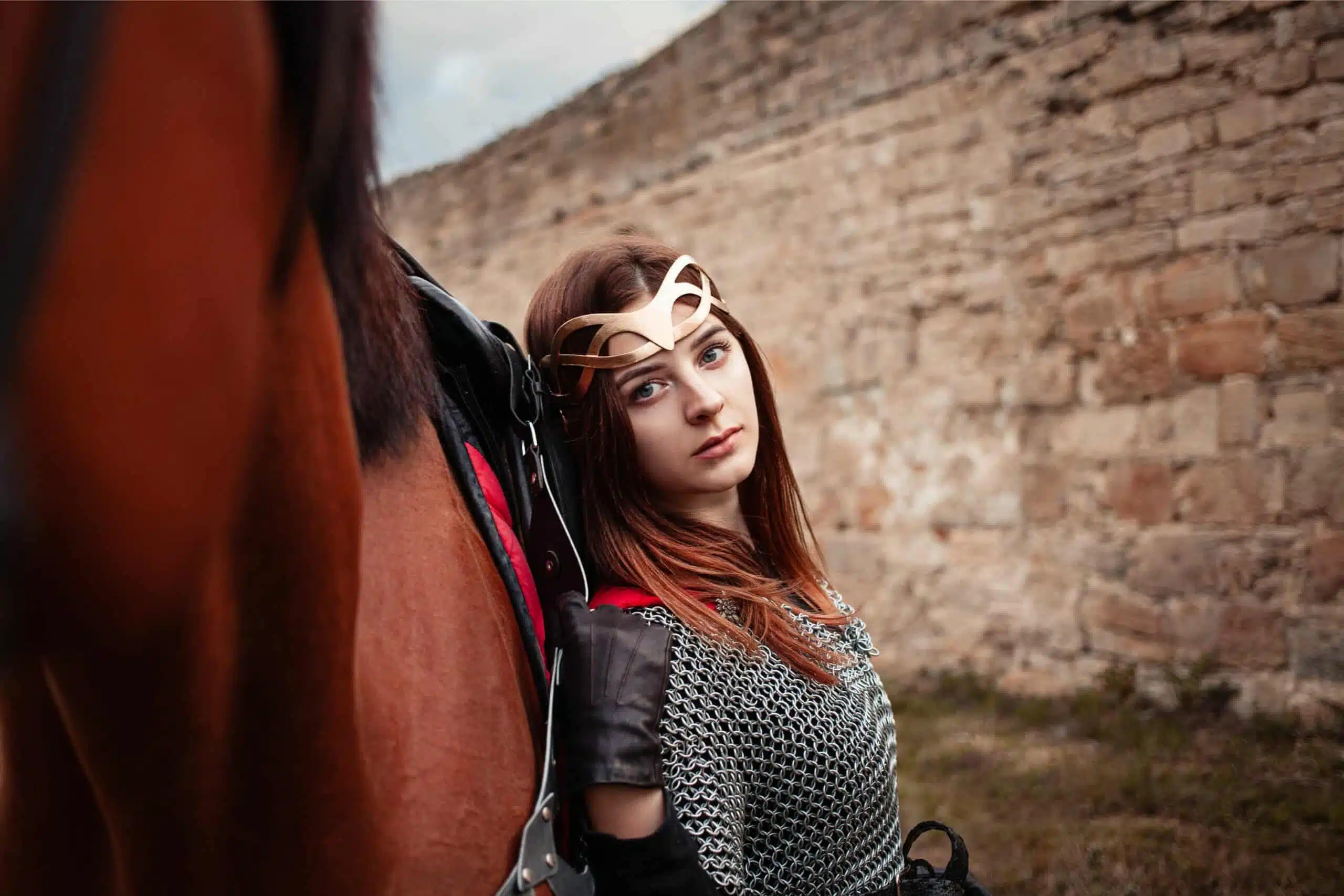
“To a Hero” by Oscar C. A. Child
We may not know how fared your soul before
Occasion came to try it by this test.
Perchance, it used on lofty wings to soar;
Again, it may have dwelt in lowly nest.
We do not know if bygone knightly strain
Impelled you then, or blood of humble clod
Defied the dread adventure to attain
The cross of honor or the peace of God.
We see but this, that when the moment came
You raised on high, then drained, the solemn cup—
The grail of death; that, touched by valor’s flame,
The kindled spirit burned the body up.
“To a Mother” by Eden Phillpotts
Robbed mother of the stricken Motherland—
Two hearts in one and one among the dead,
Before your grave with an uncovered head
I, that am man, disquiet and silent stand
In reverence. It is your blood they shed;
It is your sacred self that they demand,
For one you bore in joy and hope, and planned
Would make yourself eternal, now has fled.
But though you yielded him unto the knife
And altar with a royal sacrifice
Of your most precious self and dearer life—
Your master gem and pearl above all price—
Content you; for the dawn this night restores
Shall be the dayspring of his soul and yours.
“Rouen, Place de la Pucelle” by Maria White Lowell
Here blooms the legend, fed by Time and Chance,
Fresh as the morning, though with centuries old,
The whitest lily on the shield of France,
With heart of virgin gold.
Along the square she moved, sweet Joan of Arc,
With face more pallid than a daylit star,
Half-seen, half-doubted, while before her dark
Stretched the array of war.
Swift passed the battle-smoke of lying breath
From off her path, as if a wind had blown,
Showing no faithless King, but righteous Death
On the low wooden throne.
He would reward her: she who meekly wore
Alike the gilded mail and peasant gown,
As meekly now received one honor more,
The formless, fiery crown.
A white dove trembled up the heated air,
And in the opening zenith found its goal;
Soft as a downward feather, dropped a prayer
For each repentant soul.
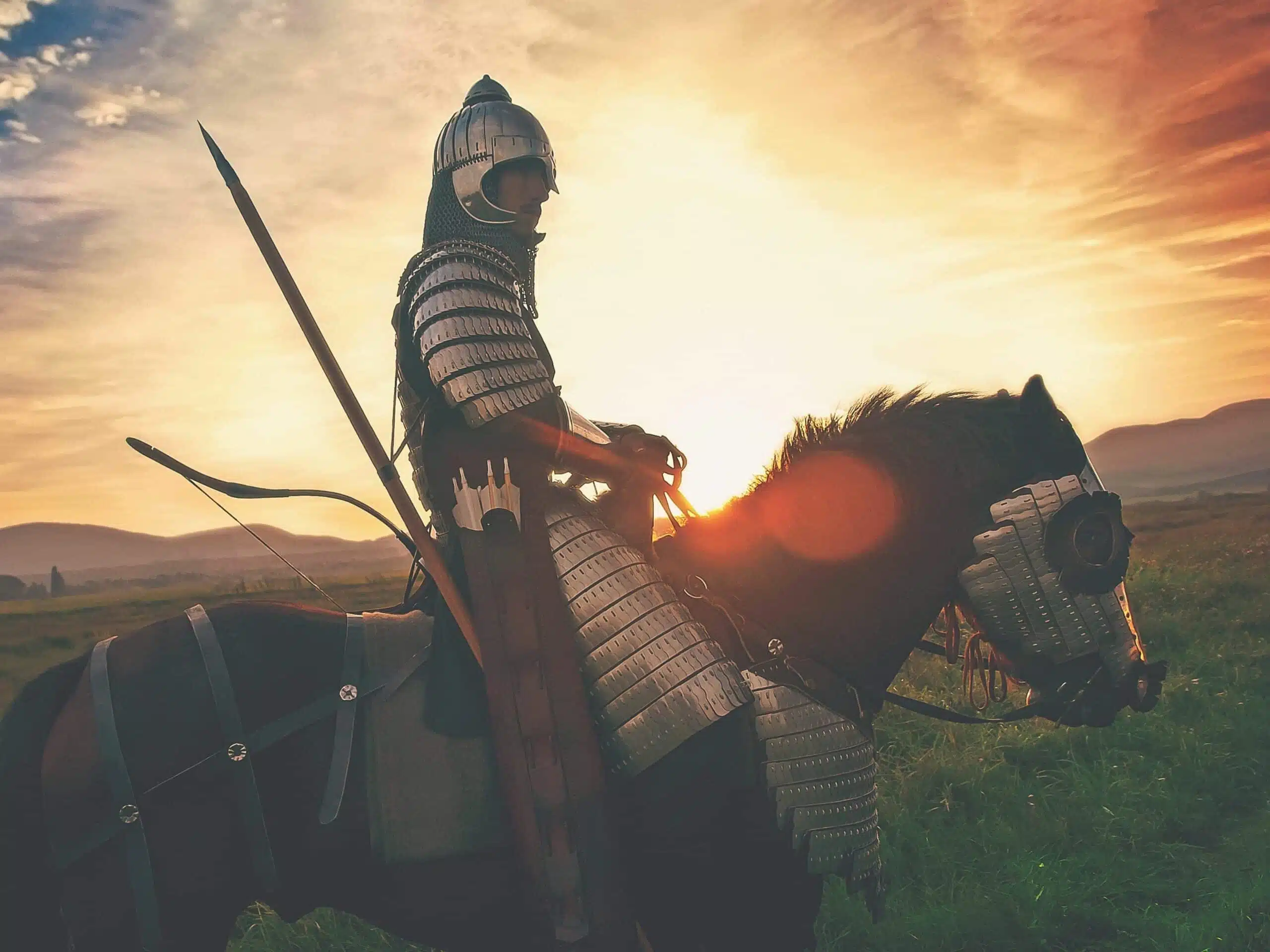
“To Captain H——d, of the 65th Regiment” by Phillis Wheatley
Say, muse divine, can hostile scenes delight
The warrior’s bosom in the fields of fight?
Lo! here the christian, and the hero join
With mutual grace to form the man divine.
In H——D see with pleasure and surprize,
Where valour kindles, and where virtue lies:
Go, hero brave, still grace the post of fame,
And add new glories to thine honour’d name,
Still to the field, and still to virtue true:
Britannia glories in no son like you.
“Schill” by William Wordsworth
Brave Schill! by death delivered, take thy flight
From Prussia’s timid region. Go, and rest
With heroes, ’mid the Islands of the Blest,
Or in the fields of empyrean light.
A meteor wert thou crossing a dark night;
Yet shall thy name, conspicuous and sublime,
Stand in the spacious firmament of time,
Fixed as a star: such glory is thy right.
Alas! it may not be: for earthly fame
Is fortune’s frail dependent; yet there lives
A Judge, who, as man claims by merit, gives;
To whose all-pondering mind a noble aim,
Faithfully kept, is as a noble deed;
In whose pure sight all virtue doth succeed.
